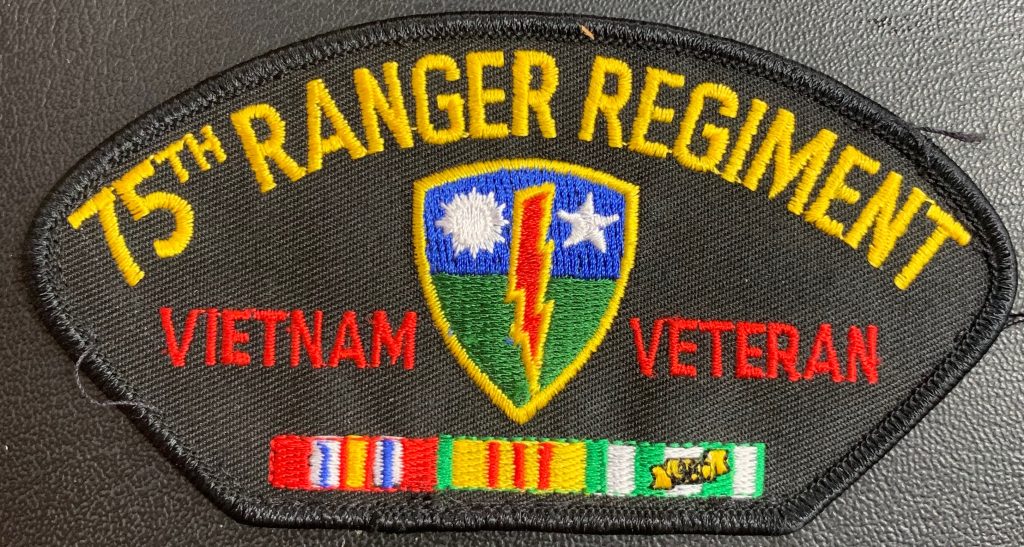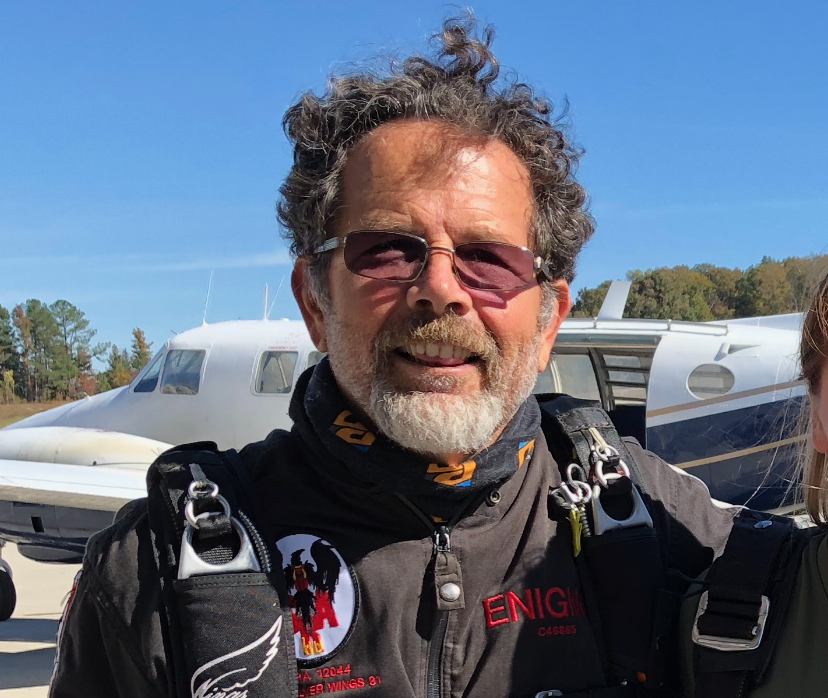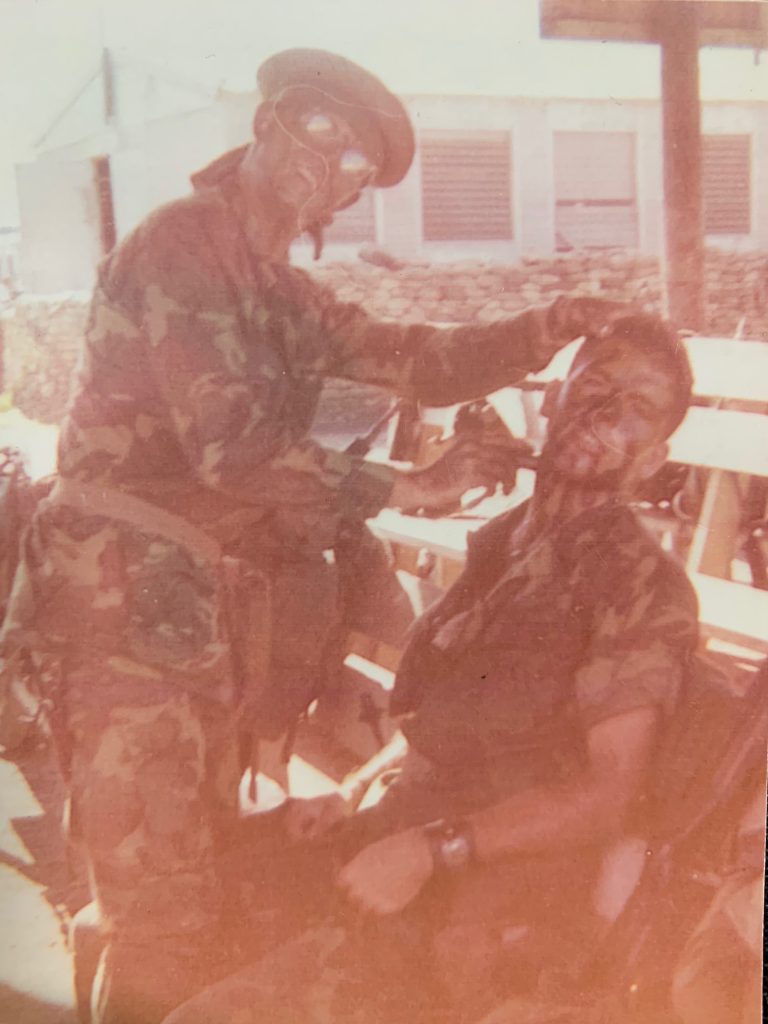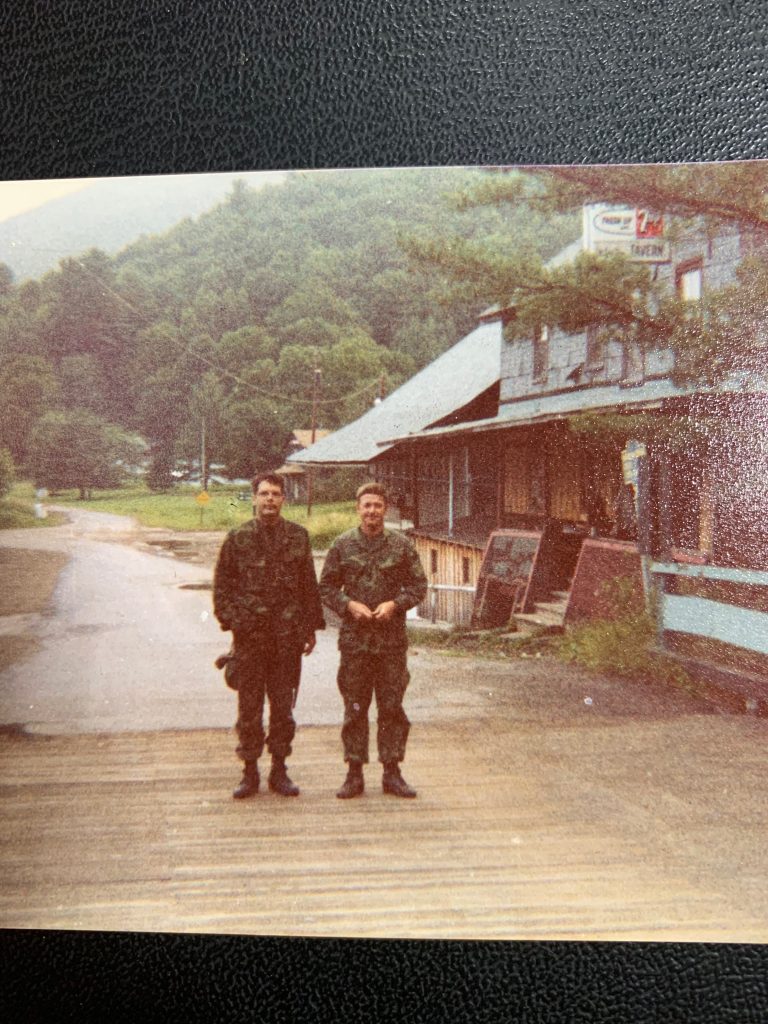Michael Mendell was a Long Range Patrol Ranger during all of his deployments to Vietnam. As a member of one of these small, elite teams, his experience offers a far less generalized look at the life of a combat arms soldier in Vietnam. Conducting operations in teams of less than six men, the mission of a Long Range Patrol Ranger varied as certain operations required different tasks to fulfill the objective. That said, a decent summary would be such; these small teams were tasked with conducting reconnaissance missions deep behind enemy lines and often involved an enemy document or individual being apprehended. The goal would not be to engage with NLF or VC forces at large, but rather to avoid making contact, as gunfights were not the prime objective. Armed with as much ammunition as one could carry, most of the operations conducted lasted no longer than seven to ten days. The mentality, as described by Mr. Mike in our interview, was one of hardened and intensified clandestine success at all costs. All of the team members were practiced in life-saver medical training and often implemented this training in the field. Mr. Mike tells of his injuries and revealed that his absence of submission for the purple heart was a “unit thing.” When asked about his injuries specifically, he recalled getting slashed with a knife, getting shot in the pelvis, and receiving shrapnel in his back from a detonated claymore. He went on to clarify that the “unit thing” was an understanding among him and his men that any injury received but handled in the field without requiring medevac would not be submitted for the award.
“The soldier on the ground won his war…”




https://soundcloud.com/user-634351131-625652321/new-recording-1
- Five Years To Freedom by Nick Rowe – though Mr. Mike was neither a POW nor Special Forces at the time of his deployments in Vietnam, this book sheds intense light on the subject of Vietcong tactics and allows further research on what a combat scenario would have looked like for a Special Operations soldier such as Mr. Mike.
- Black-Jack 34 by James Donahue – another work of great import for my interview, this book describes what precise and calculated warfare looks like in the face of an impassable and lush jungle. The author was involved in the operation “Black-Jack 34” wherein a team of Green Berets attempted to establish an opposing force to the VC on a small hill located in an area of extreme military import.
Despite the fact that my interviewee was one of a minority of special soldiers in Vietnam, his experience in many ways directly parallels that of most others. His military service extended well beyond Vietnam, but what my interview with him reveals is a historically significant case of a people at war. This, to mean that his selflessness, willingness to approach imminent death, and devotion to a larger cause are chief among the greatest derivable characteristics of a people in conflict. These traits are not restricted to soldiers in combat, either. From the same reasoning that drives tens of thousands of men and women into harm’s way on a daily basis it can be argued that the lesson of Vietnam is simple; we, as Americans, as individuals in an increasingly atomized world, have much more in common with one another than today’s divisiveness might indicate. Paradoxically, it is our individuality that unites us and brings us closer.